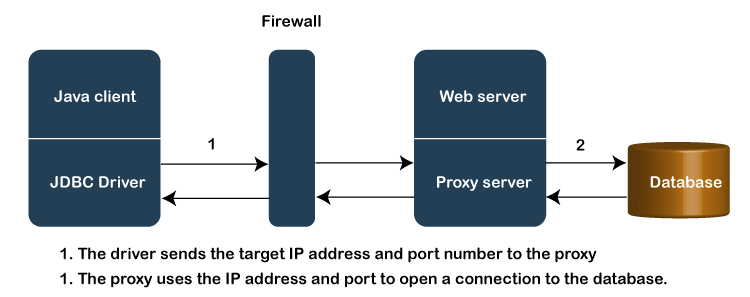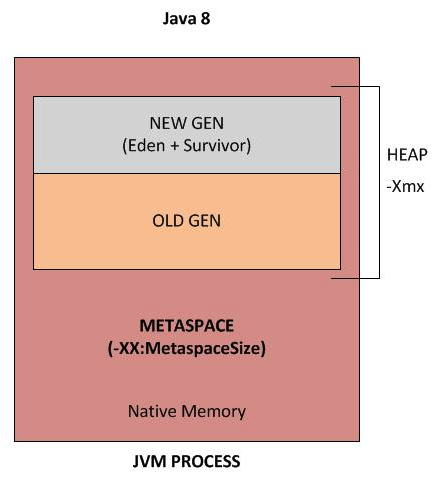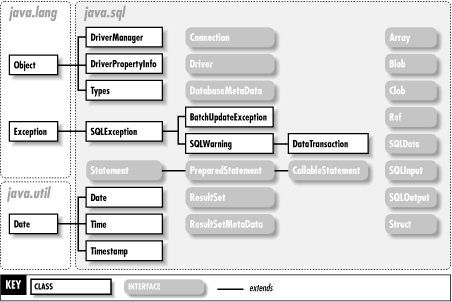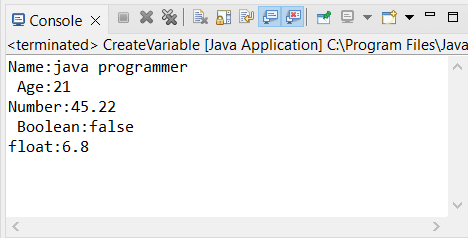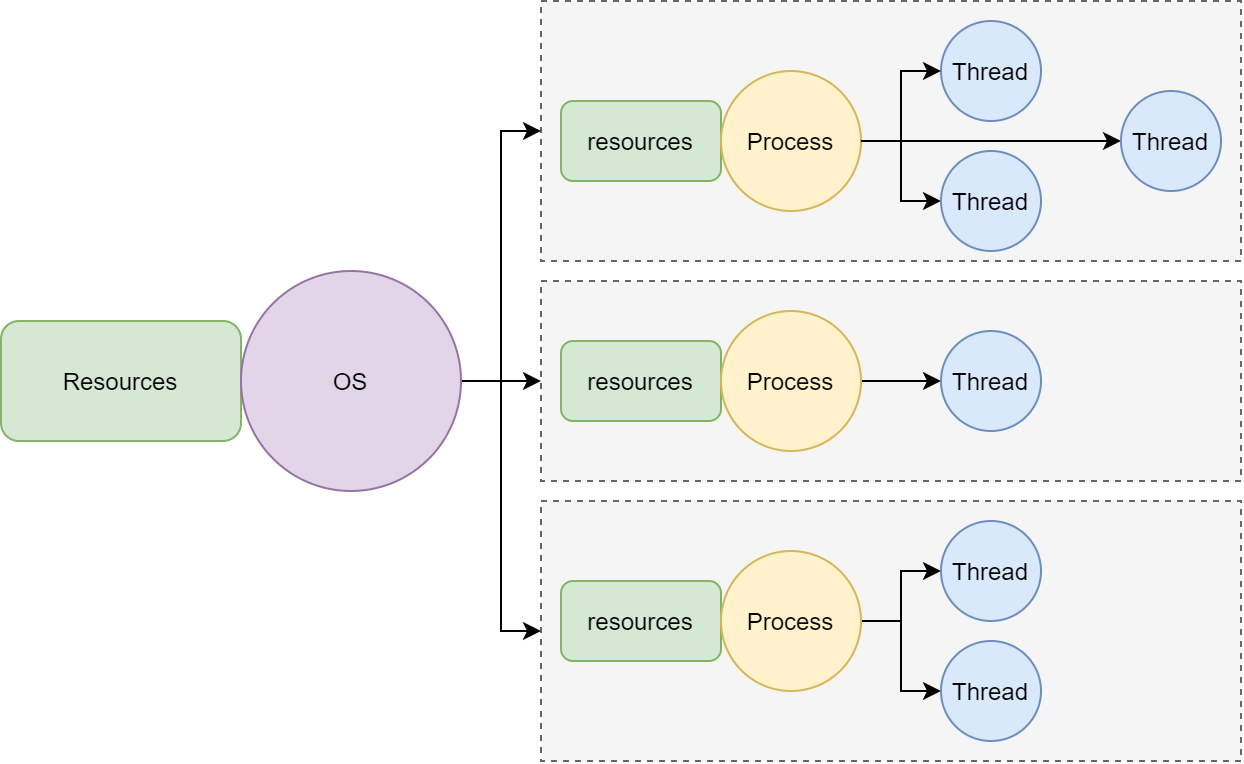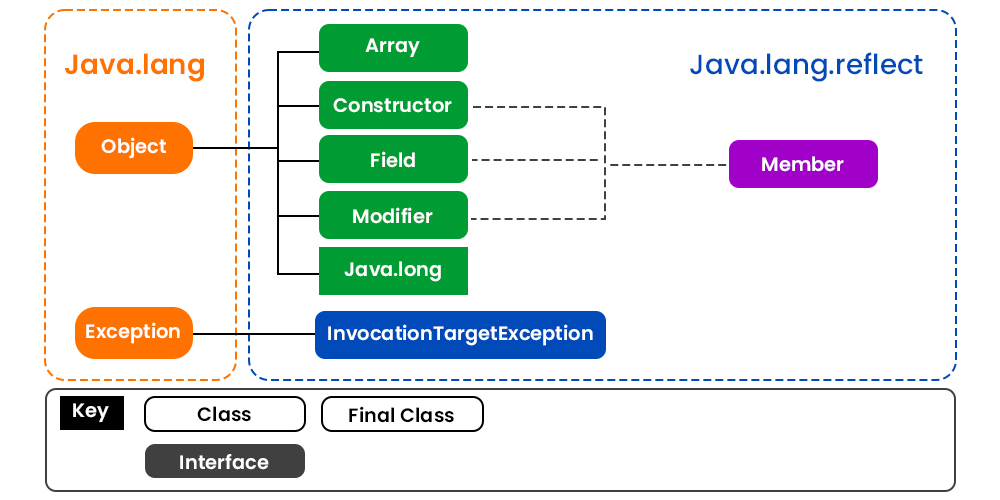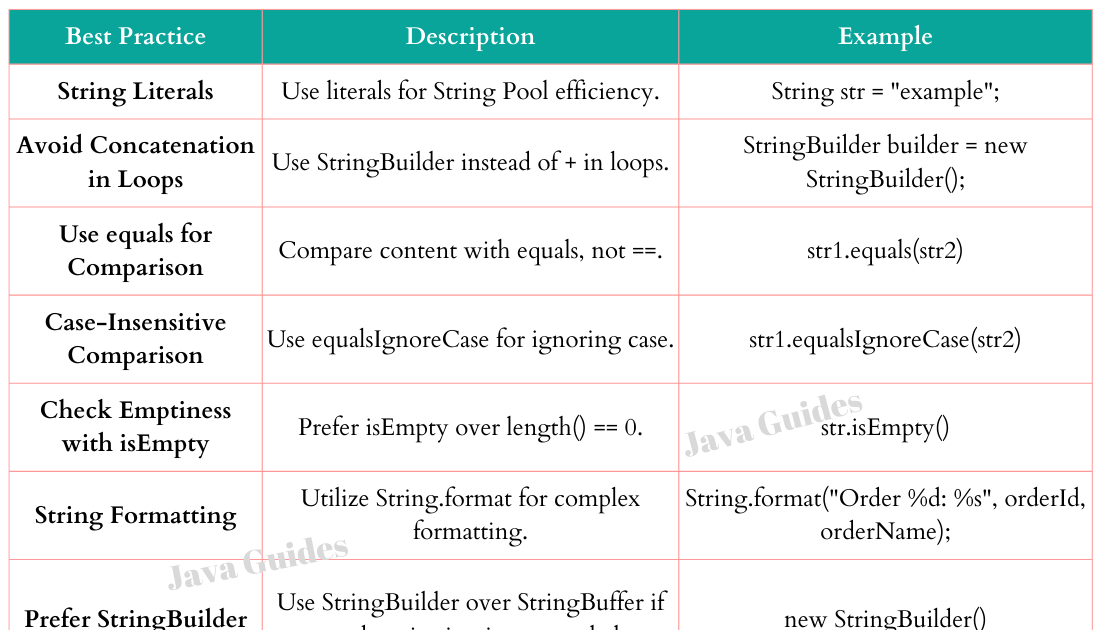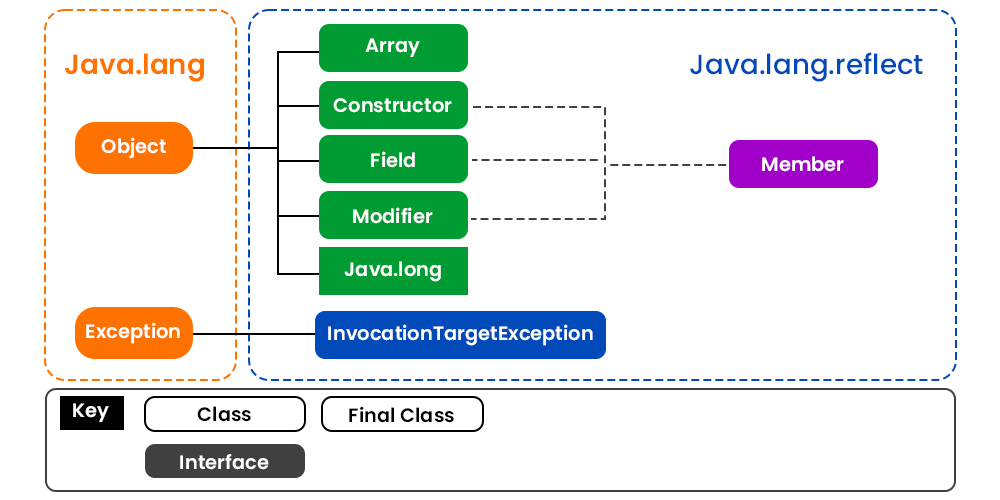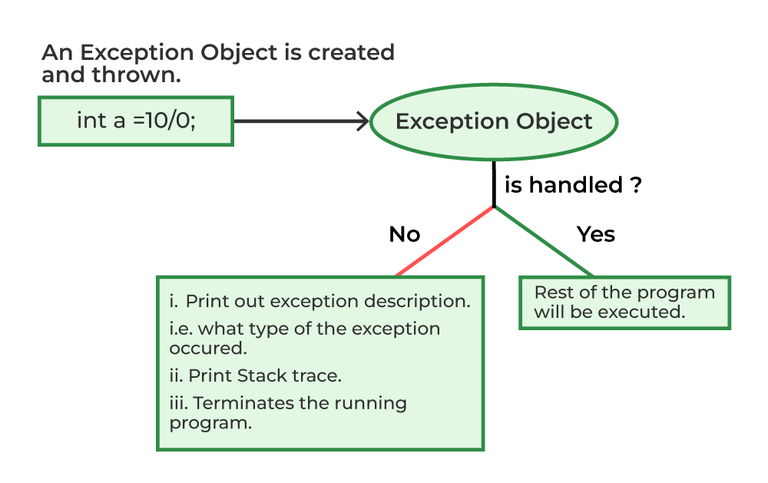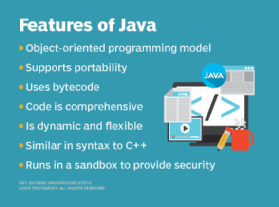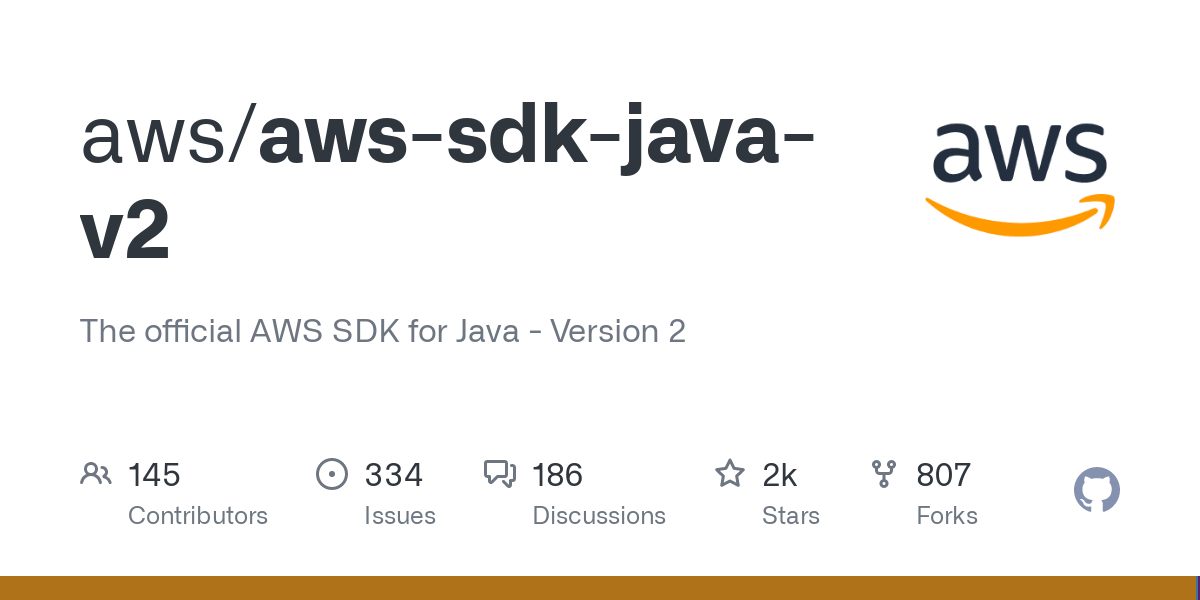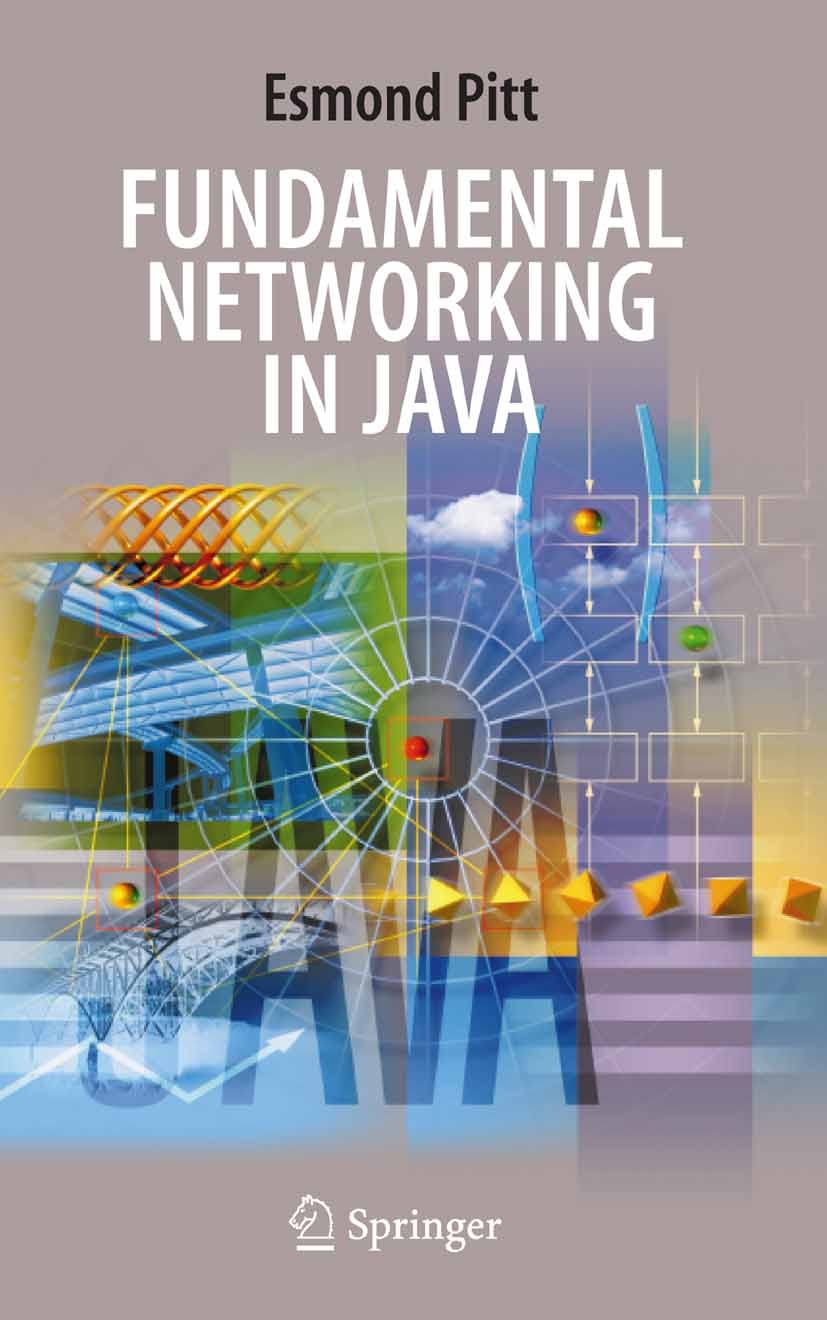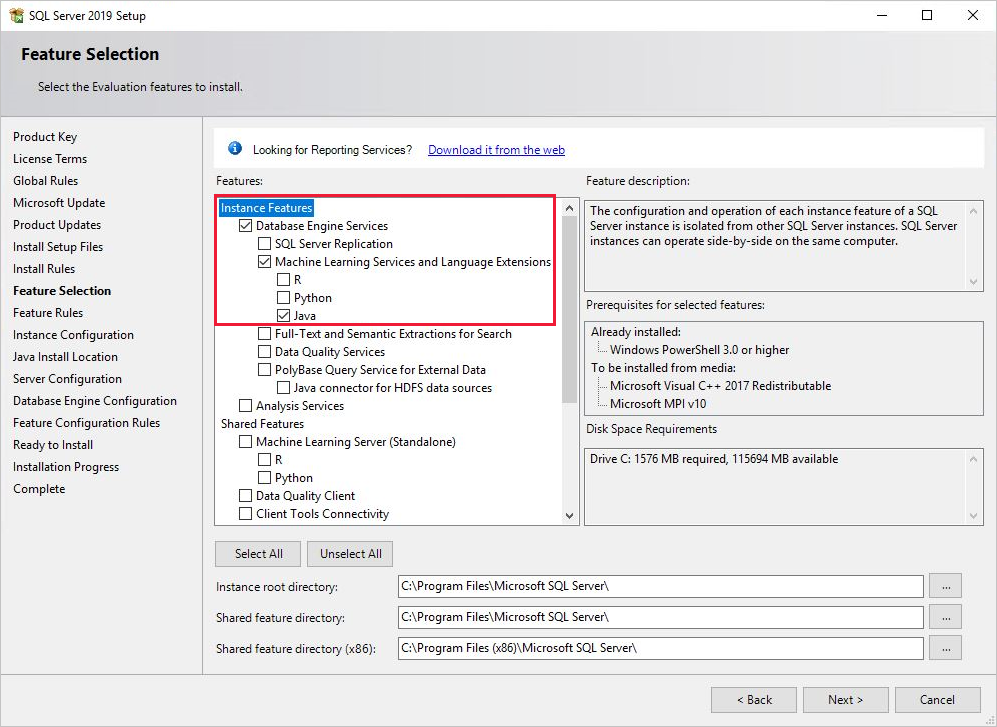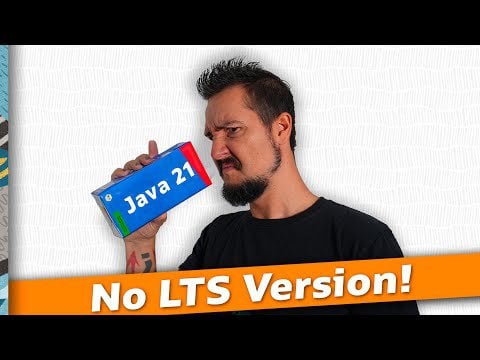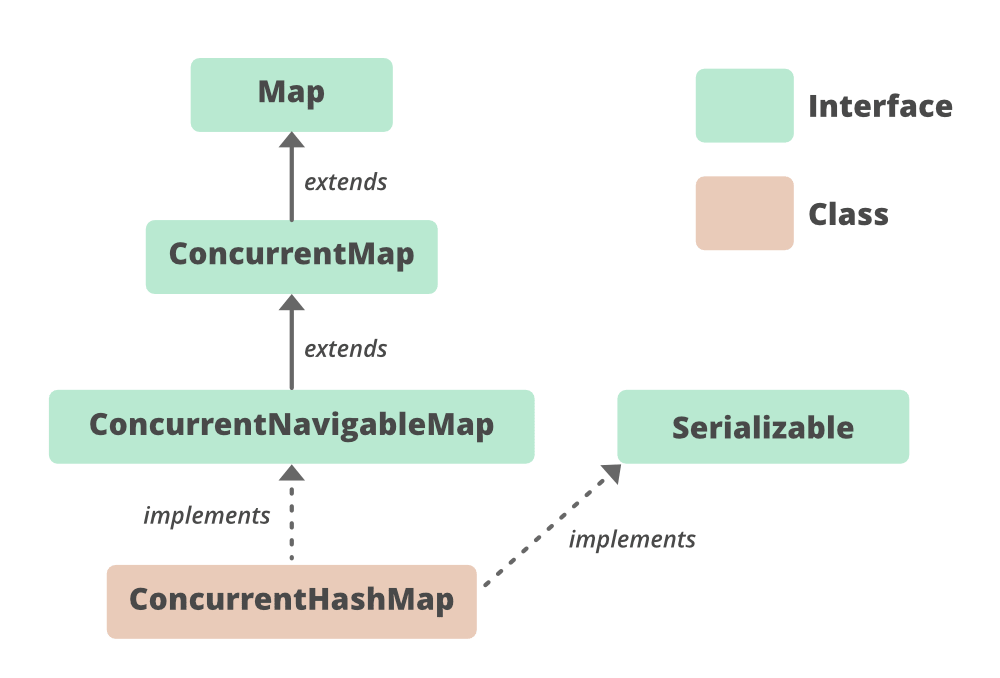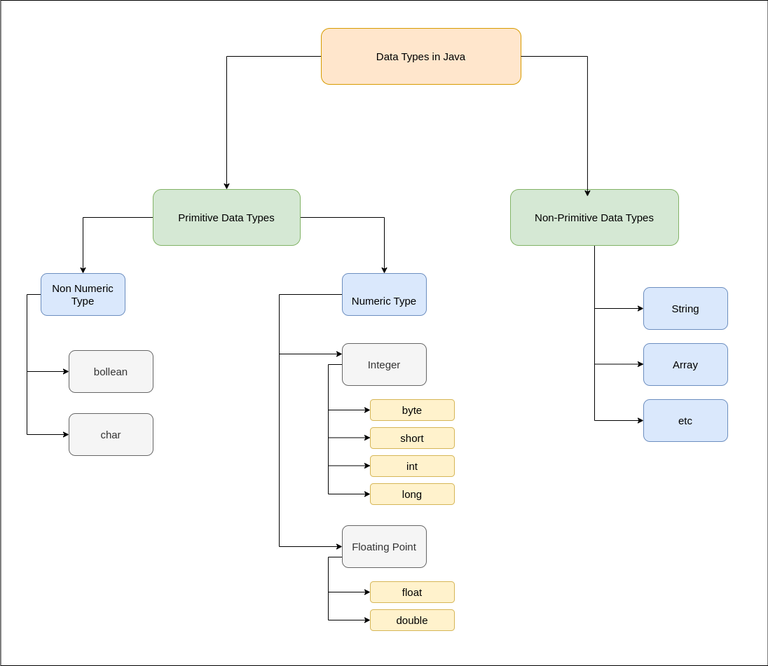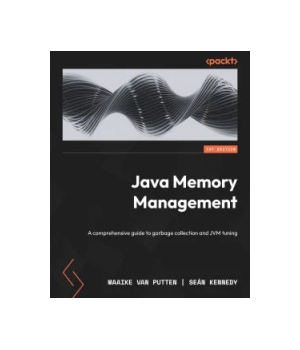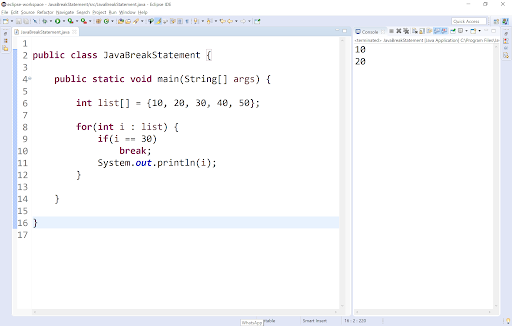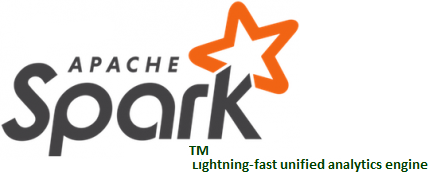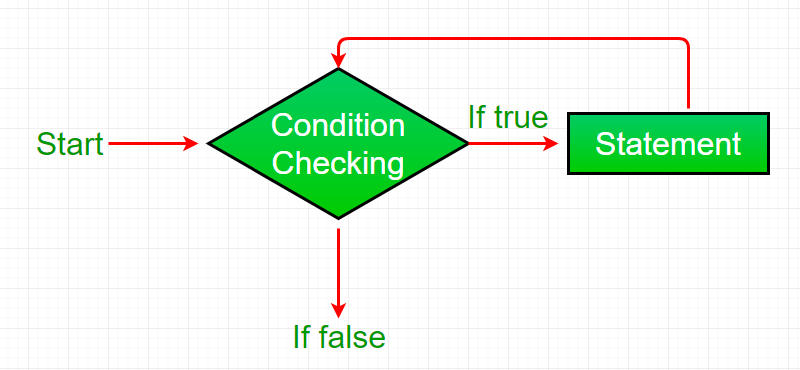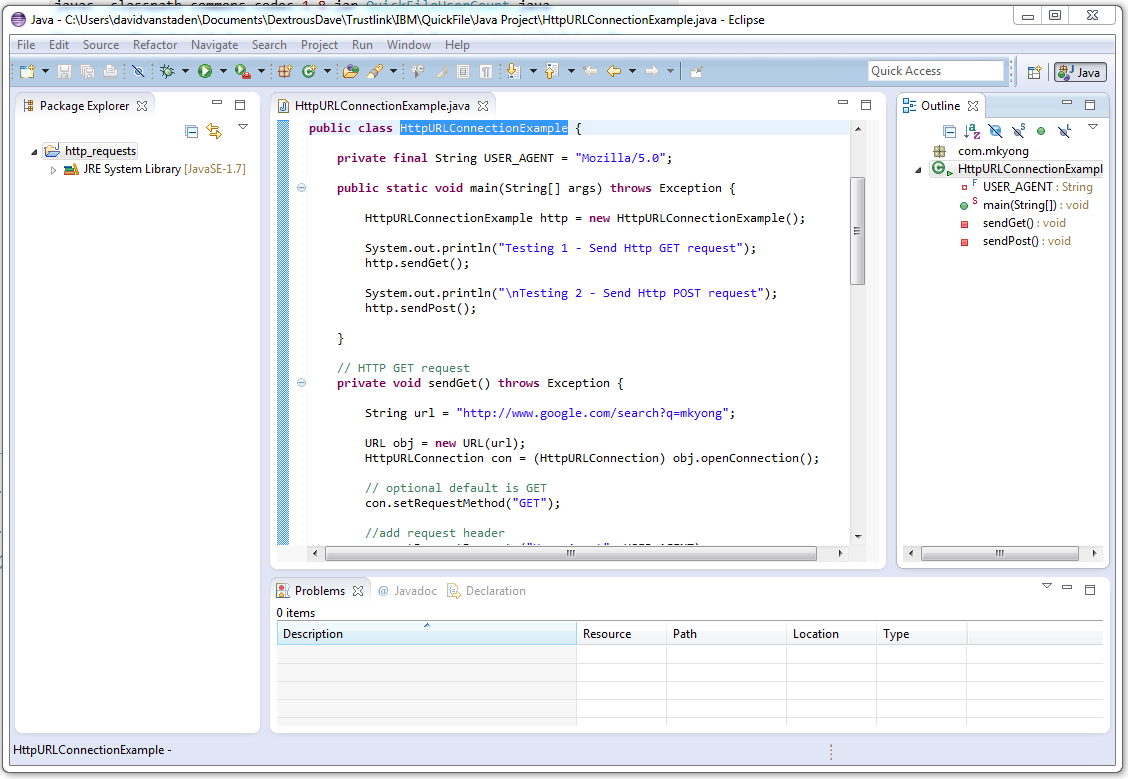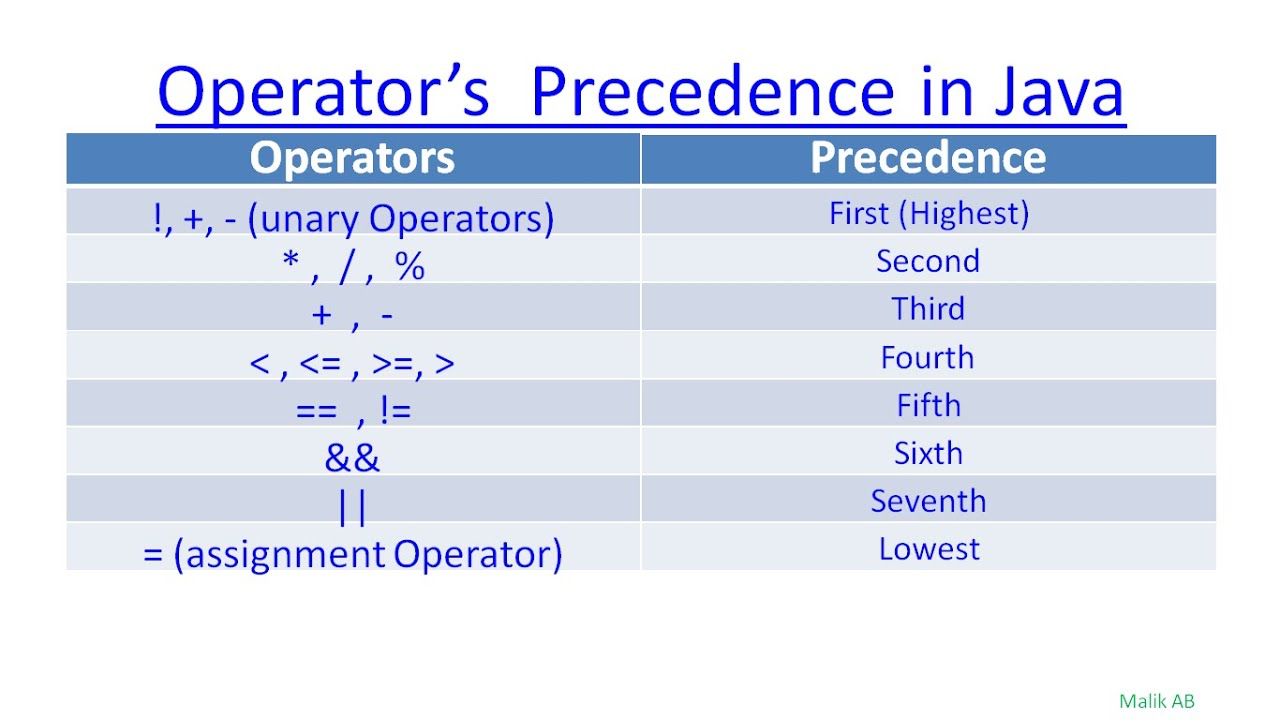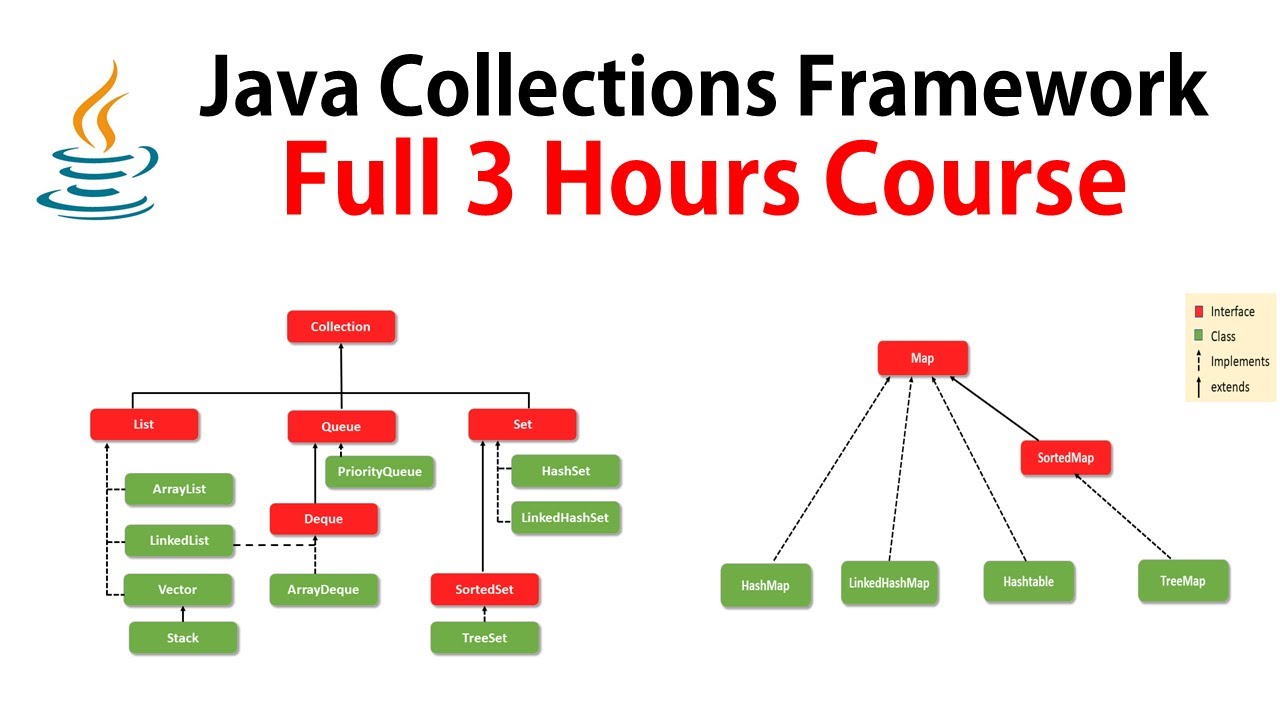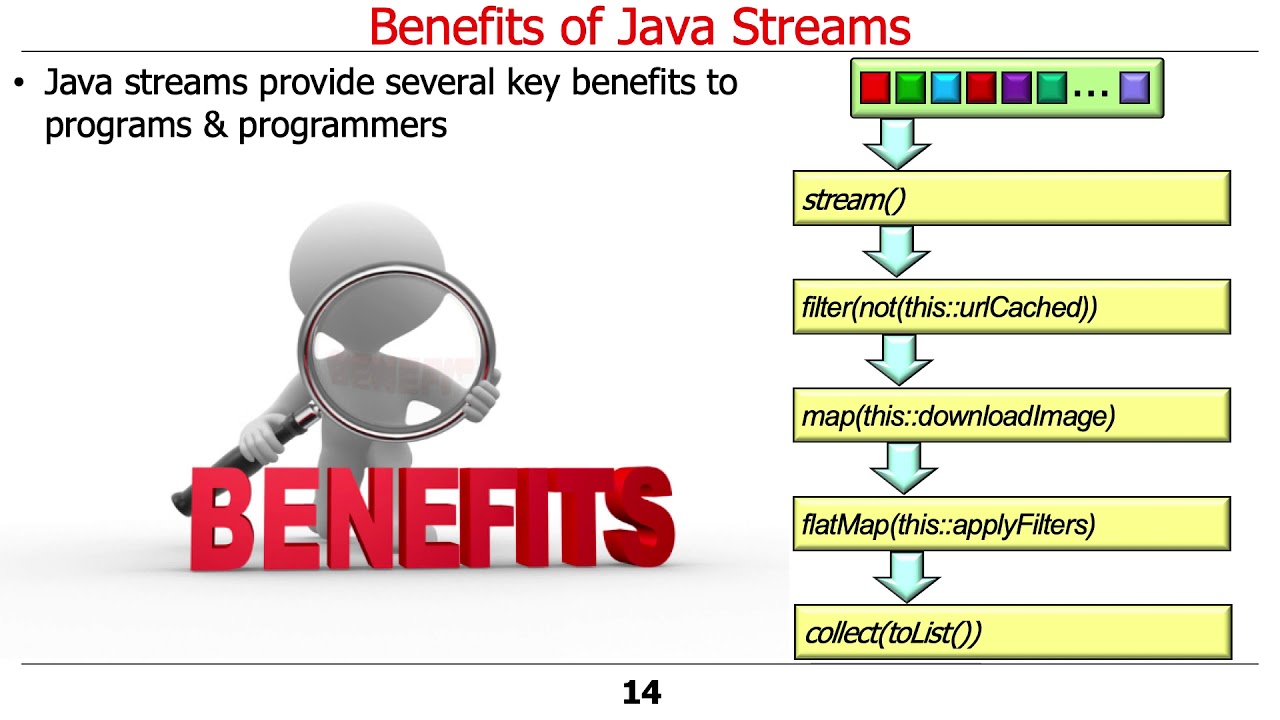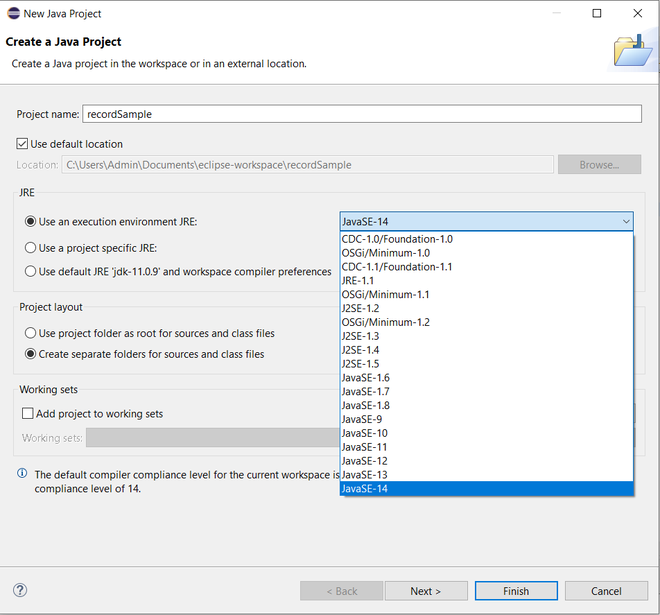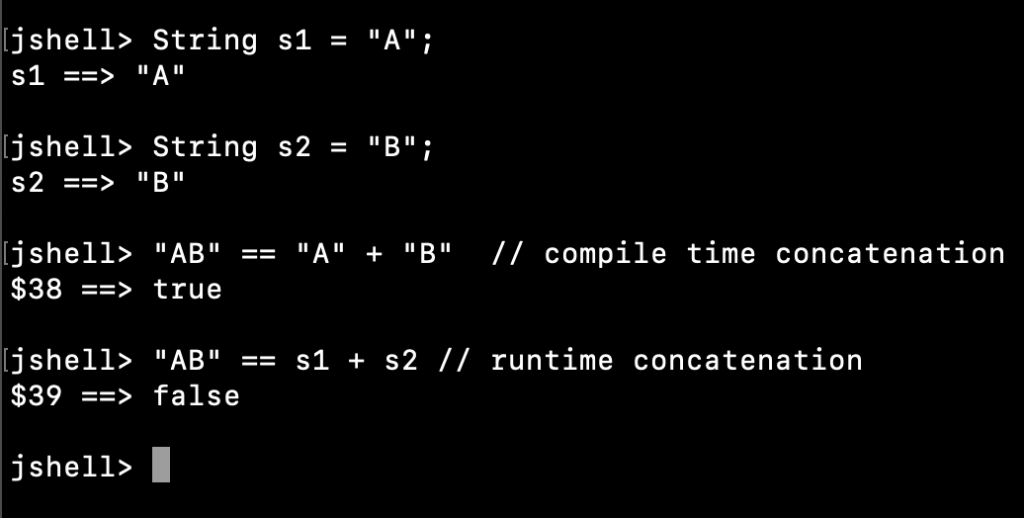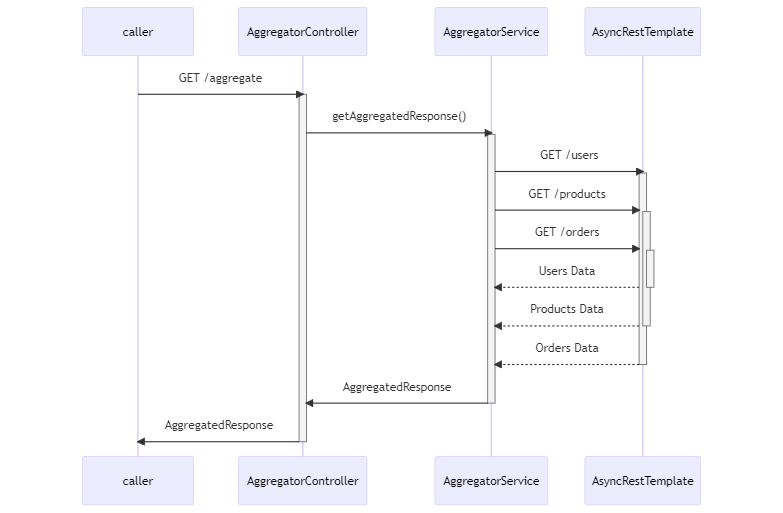What is a framework in Java?
What is a framework in Java?
I'll respond in English for this question!
A framework in Java is a set of reusable classes, interfaces, and libraries that provide a foundation for building applications. In other words, it's a pre-built structure that helps developers create software systems by providing a basic architecture, infrastructure, and utilities to support their development efforts.
In the context of Java programming, frameworks are designed to simplify the process of developing robust, scalable, and maintainable applications. They often provide features such as:
Abstraction: Frameworks hide low-level implementation details, allowing developers to focus on the application logic rather than infrastructure concerns. Modularity: Frameworks promote modular development by providing reusable components that can be easily assembled into larger systems. Reusability: By reusing existing framework code and functionality, developers can reduce coding efforts and accelerate their project's timeline. Extensibility: Frameworks often provide mechanisms for extending or customizing their behavior, enabling developers to adapt the framework to specific needs.Some popular Java frameworks include:
Spring: A comprehensive framework for building web applications, providing features like dependency injection, aspect-oriented programming, and more. Hibernet: An ORM (Object-Relational Mapping) framework that simplifies data access by abstracting database interactions away from the application code. JavaServer Faces (JSF): A framework for building enterprise-level web applications, providing a set of APIs for developing user interfaces, handling events, and more. Apache Struts: A framework for building web applications using the Model-View-Controller (MVC) pattern, providing features like form handling, error management, and more.When choosing a Java framework, developers should consider factors such as:
Application type: Is it a web application, desktop application, or mobile app? This helps determine which frameworks are most relevant. Project requirements: What are the specific needs of the project (e.g., scalability, performance, security)? Some frameworks may be better suited for certain requirements than others. Development team expertise: Which frameworks does the development team have experience with or familiarity with? This can impact the choice and adoption process.In conclusion, Java frameworks are essential tools that help developers build robust, scalable, and maintainable applications by providing a solid foundation for their development efforts. By understanding the benefits and features of various frameworks, developers can make informed decisions about which ones to use in their projects.
Is java collections a library or framework javatpoint
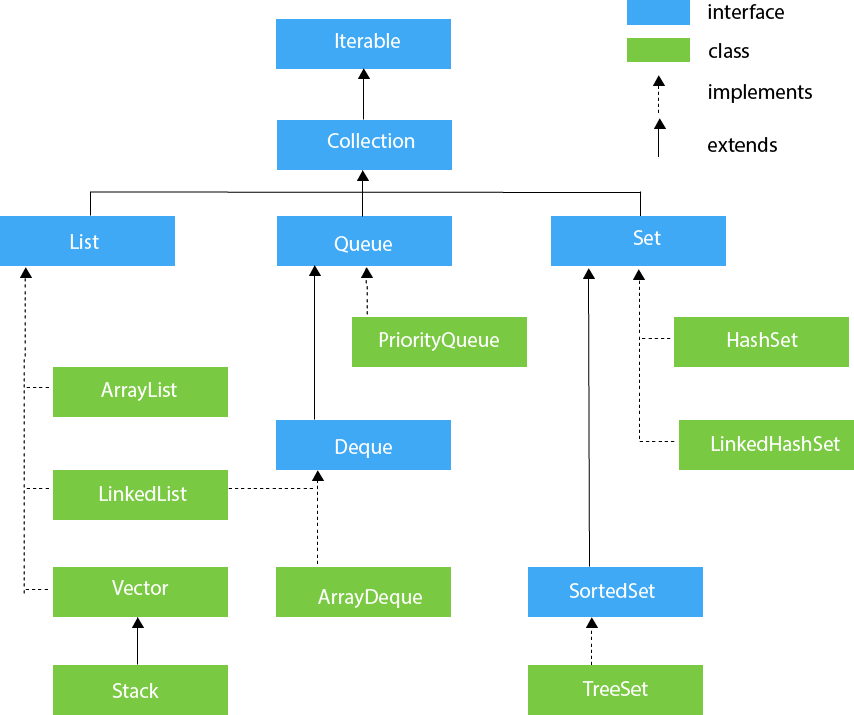
I'd be happy to respond in English and provide a detailed answer.
According to JavaTpoint, the Java Collections Framework (JCF) is not strictly a library or a framework. Instead, it's a set of interfaces and implementations that collectively form the Java Collections API.
To begin with, let's distinguish between a library and a framework:
A library is a collection of reusable code that can be linked to an application to provide additional functionality. Libraries typically consist of precompiled code that can be used by multiple applications.
Now, back to the Java Collections Framework (JCF). The JCF is not a standalone library or framework in the classical sense. Instead, it's an extension of the Java Standard Library that provides a comprehensive set of interfaces and classes for working with collections of objects.
The JCF includes a range of data structures such as lists, sets, maps, queues, and stacks, along with various algorithms for manipulating these data structures. The framework also provides utilities for common tasks like searching, sorting, and filtering collections.
Some key features of the JCF include:
Interface-based design: The JCF is built around a set of interfaces that define the contracts for working with different types of collections. Implementations are provided for each interface, allowing developers to choose the best implementation for their specific needs. Unified nomenclature: The JCF uses a consistent naming convention across all its classes and interfaces, making it easier for developers to navigate and understand the API. Extensive algorithm support: The JCF provides a wide range of algorithms for searching, sorting, filtering, and manipulating collections.In summary, while the Java Collections Framework (JCF) is often referred to as a "framework" in casual conversation, technically speaking, it's an extension of the Java Standard Library that provides interfaces, implementations, and utilities for working with collections. It's not a standalone library or framework, but rather a comprehensive set of tools for building robust and efficient programs.
Hope this answers your question!
